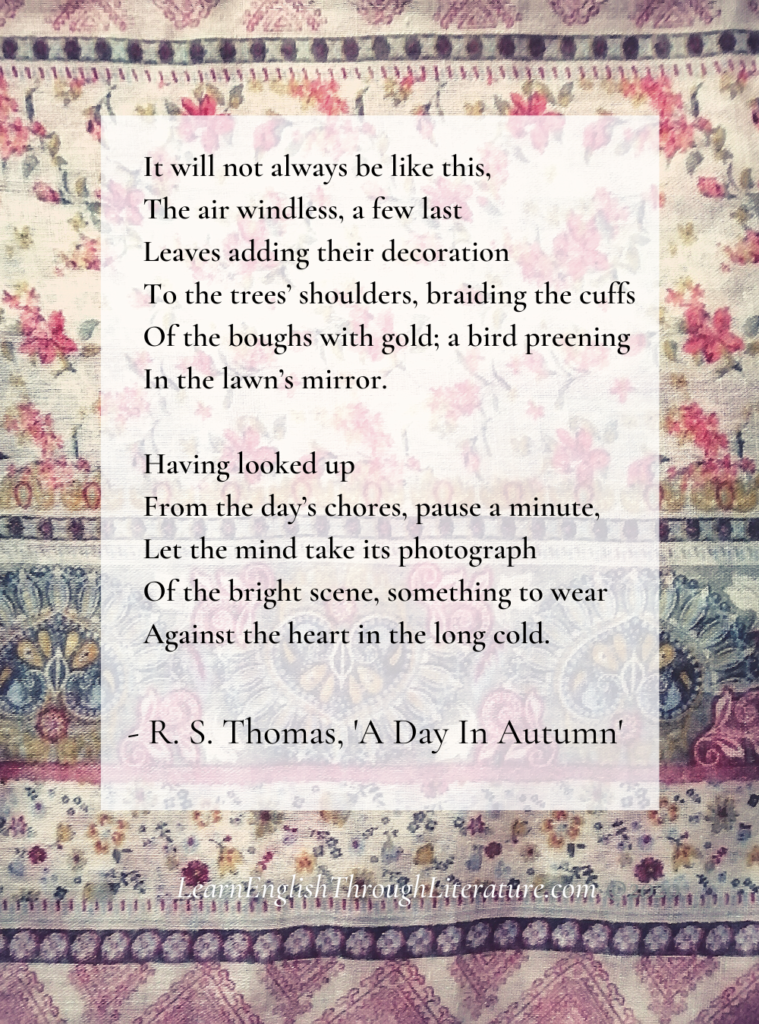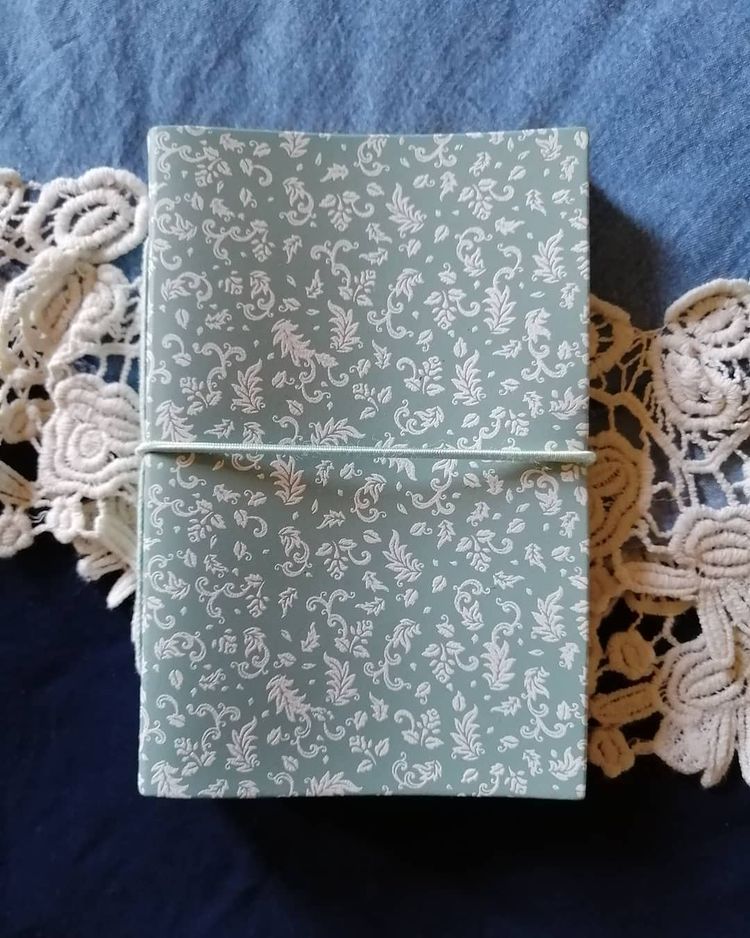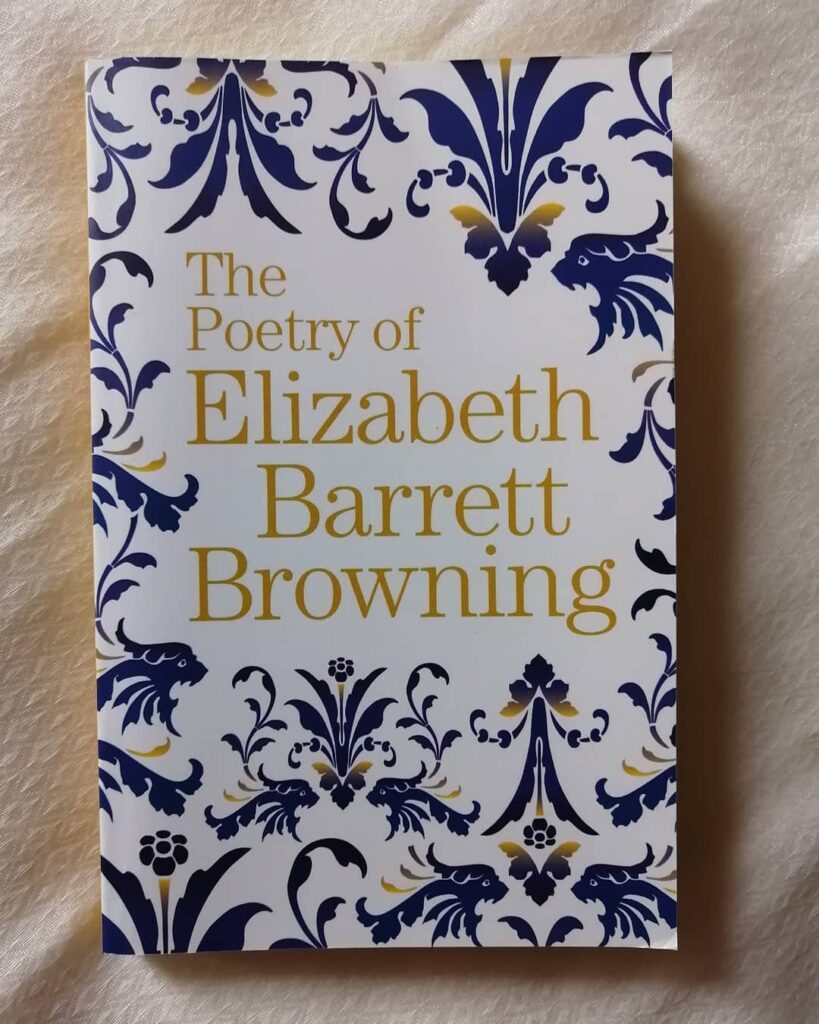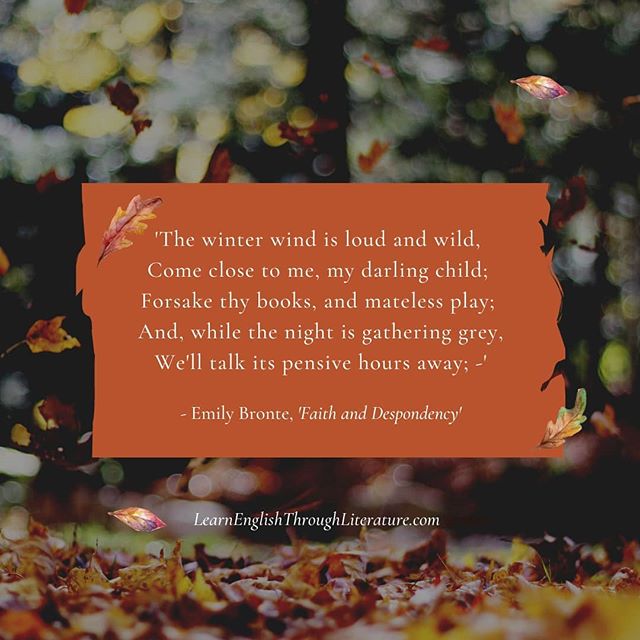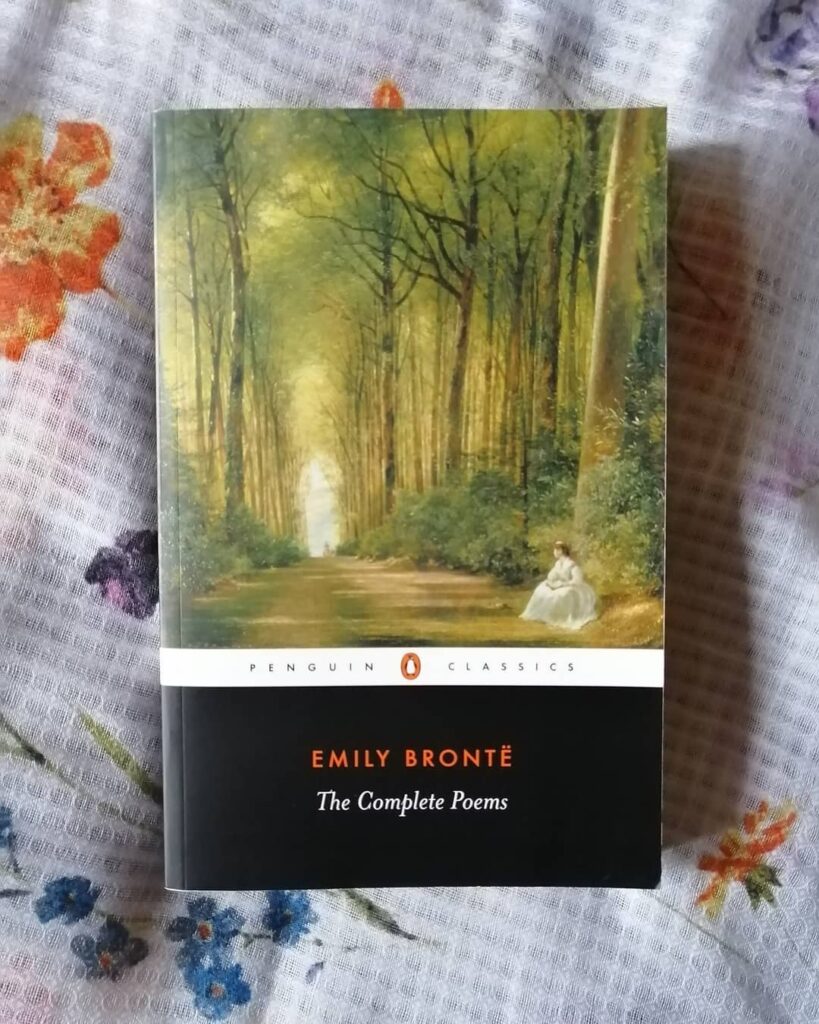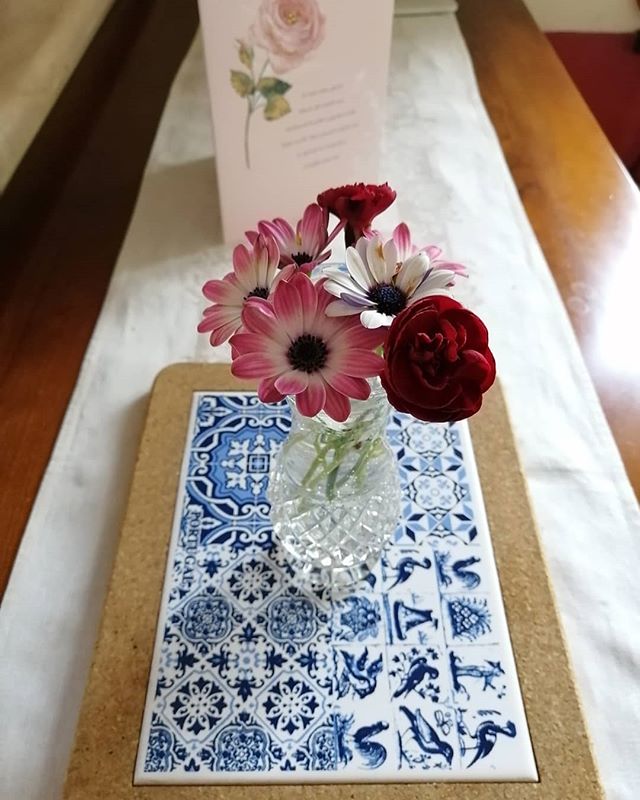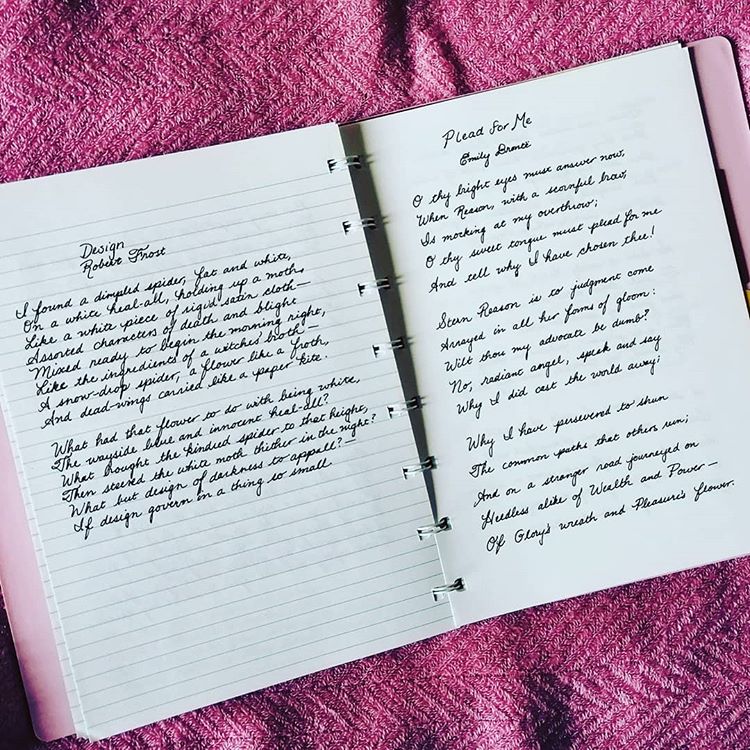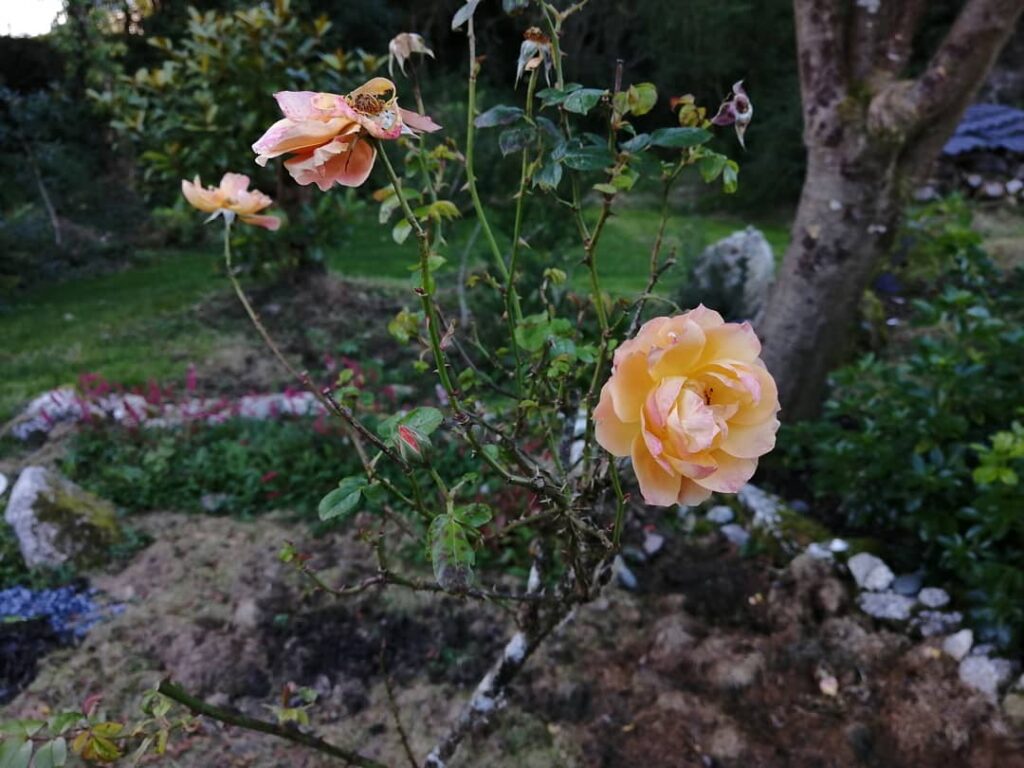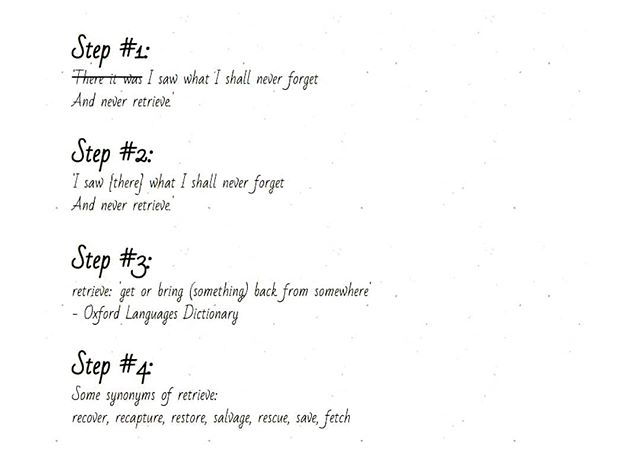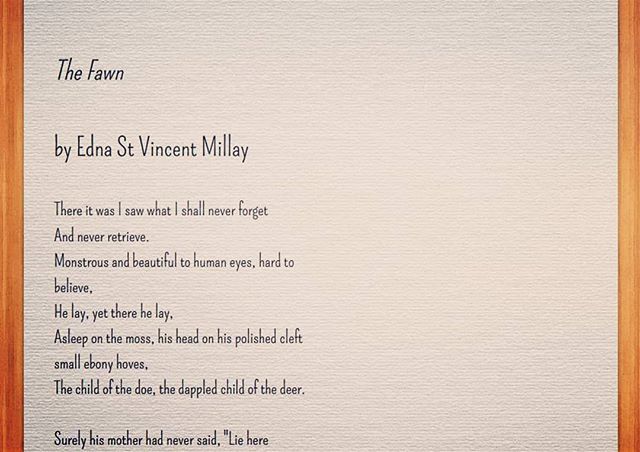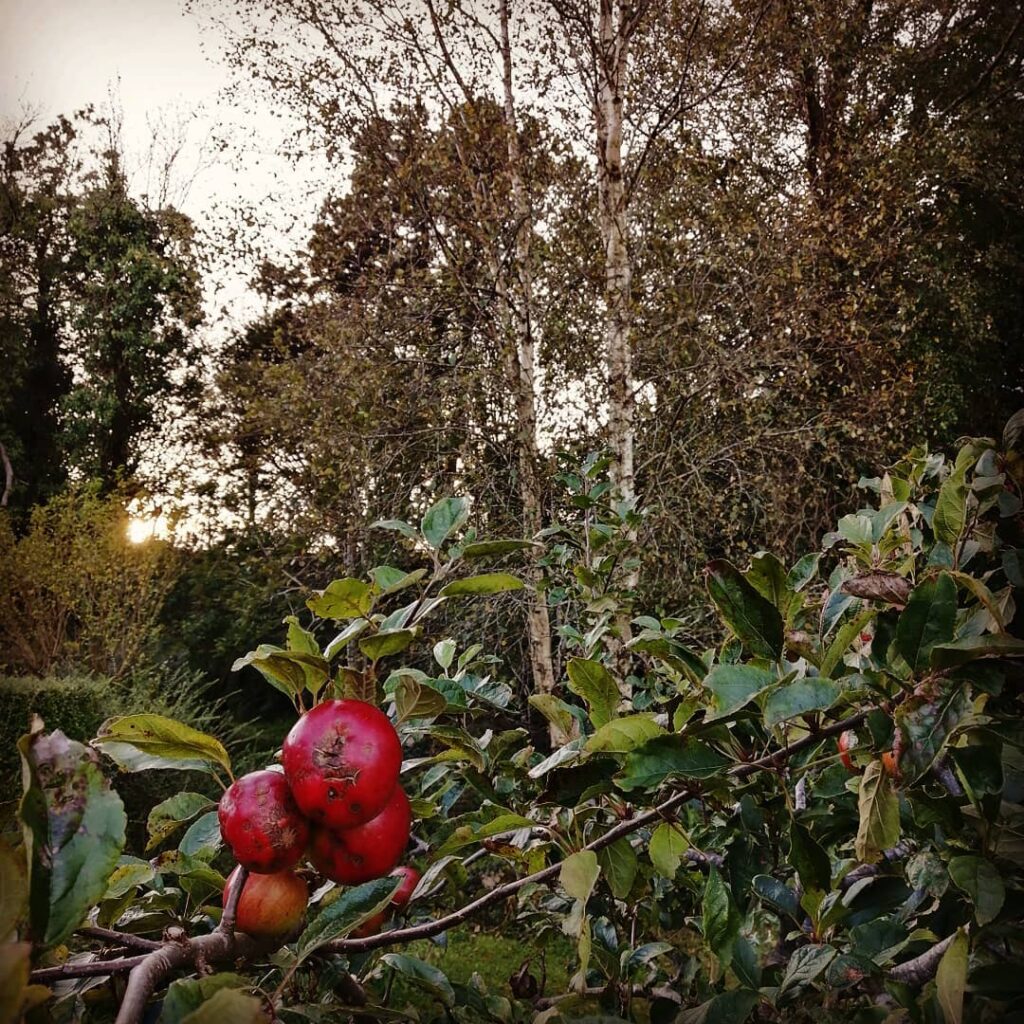Lesson #148: Your Language Learning Journey: Assessing How Much You Have Truly Learned So Far
🍁 Since autumn (or fall, as it is known in Canada and the USA) is my favourite season of the year, I have included several poems and literary passages in recent lessons on this topic. 🍂 I have yet another poem in autumn to share, one by the Welsh poet R. S. Thomas (1913-2000) called ‘A […]

